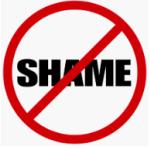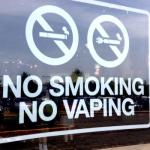Let's pretend that you are faced with a life-threatening cancer, and your doctors tell you that chemotherapy is the only realistic solution available. Would you take it? Most rational people would say yes.
Policy & Ethics
The healthcare conversation seems to have been put on the back burner as our federal government twists and turns over other more “pressing” issues.
Writing in her blog at the National Institute On Drug Abuse, Dr. Nora Volkow and co-author Dr.
"Imitation is the best form of flattery." Charles Caleb Colton, 1824
"Except when it makes me want to puke." Josh Bloom, 2019
Earlier today, students all over the world walked out of school to participate in Climate Strike. Led by 16-year-old Swedish environmental activist Greta Thunberg, the strike is meant to raise awareness about climate change.
By James Leahy, University of South Florida
Usually, when we have something to say about California, it's bad. After all, this is the state that gave us Proposition 65, a smorgasbord of insane public health policies, and 38 seasons of The Bachelor and The Bachelorette.
The other day, CNN hosted a 7-hour long climate change town hall for the Democratic presidential candidates. This, of course, isn't the only scientific topic of relevance to Americans.
Vaping devices such as e-cigarettes should not be used for fun. Getting oneself addicted to nicotine is not a smart idea. That is why these devices should not be used by non-smokers, particularly young people.












